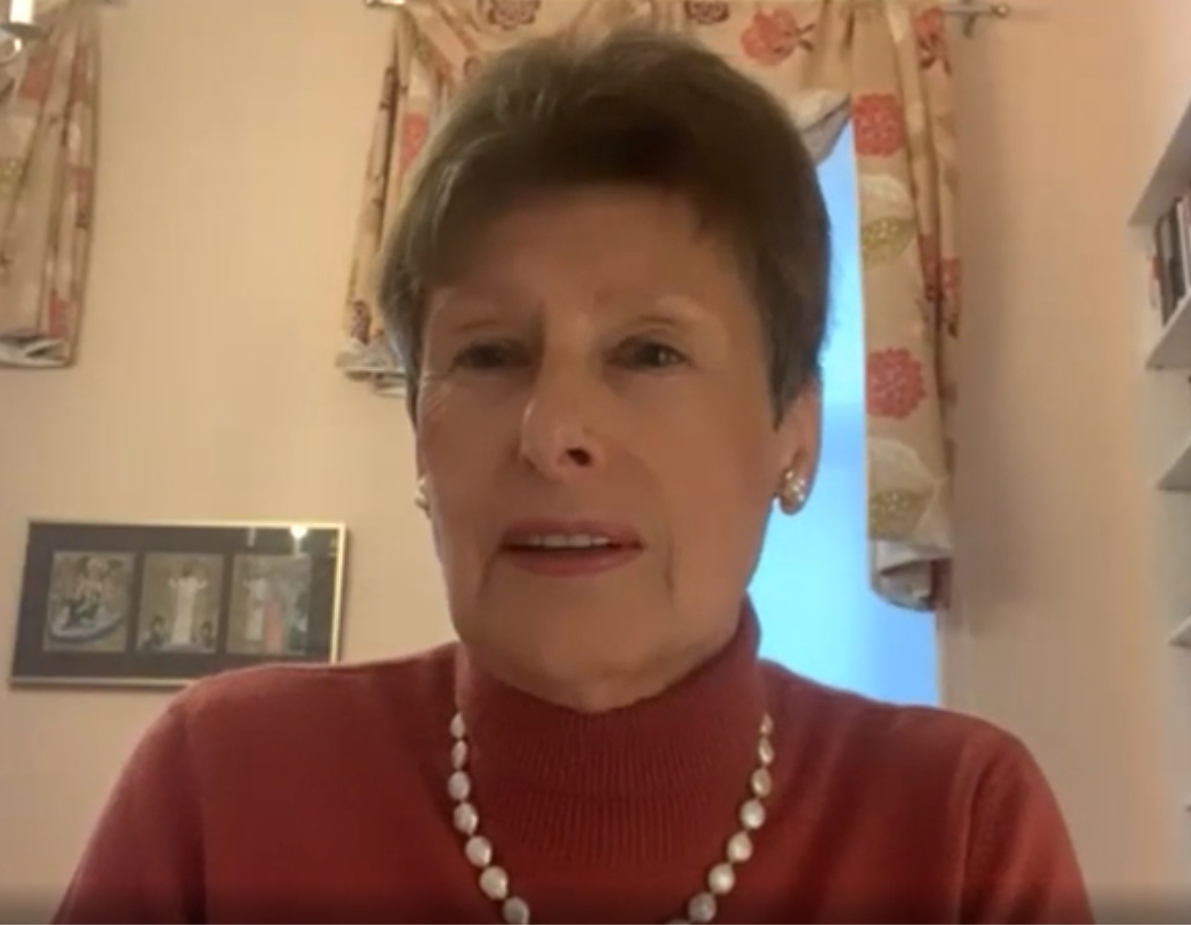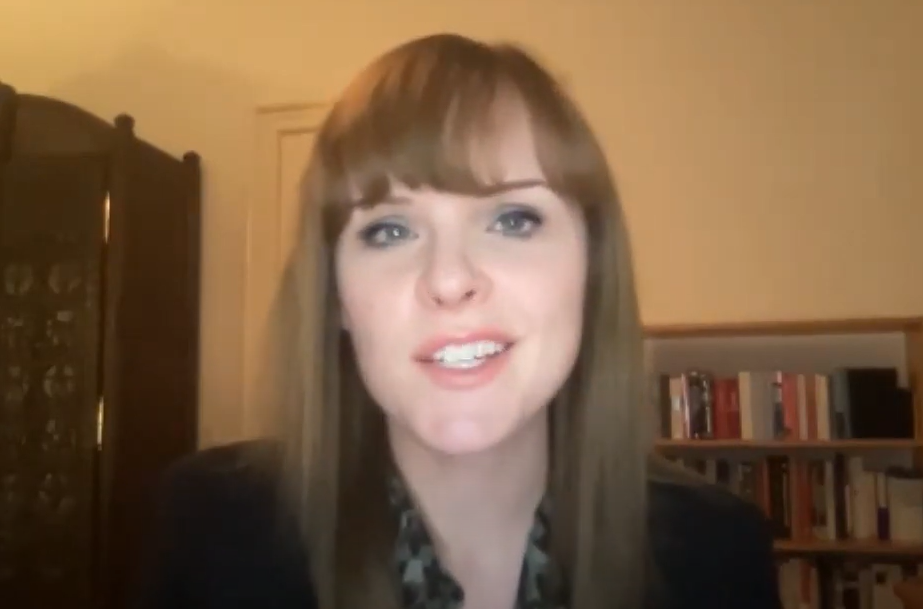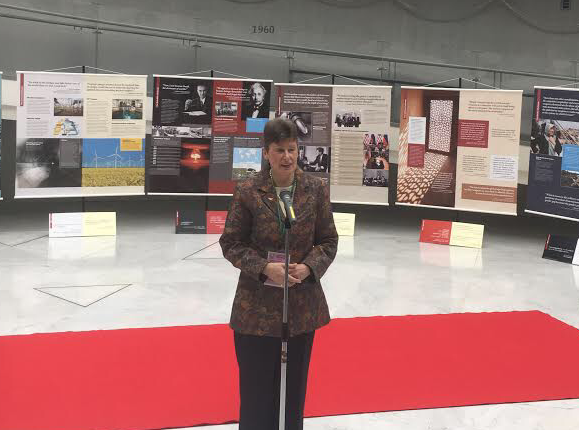
The international community faces today a situation of unprecedented instability, particularly in the field of arms control, non-proliferation and disarmament. On 23 January 2020 the Science and Security Board of the Bulletin of the Atomic Scientists moved the Doomsday Clock forward 20 seconds, from two minutes to midnight to 100 seconds. The Bulletin's Doomsday Clock has been updated each January since 1947 as an indicator of level of risk posed by global threats such as nuclear weapons.
It is unclear which direction the Doomsday Clock will move in January 2021, when the Bulletin will recalibrate it. To discuss this question, VCDNP Senior Fellow Angela Kane chaired a panel discussion under the auspices of the Astana Club Global Security Meeting on 19 November 2020 entitled "100 Seconds Before Midnight: Strategic Timing for Resumption of Nuclear Dialogue."
During her opening remarks, Ms. Kane pointed to a number of causes for the instability that faces the international community today. One of the more prominent trends has been the deterioration in bilateral arms control between the United States and the Russian Federation, as demonstrated by the abrogation of a number of landmark treaties. This trend has been compounded by an apparent downturn in the value placed by the two governments on bilateral arms control itself. "This makes us think," observed Ms. Kane, about the need to engage more countries in the arms control, non-proliferation and disarmament discussion.
Today, she observed, there is room for countries of all sizes, as well as civil society, to have a voice in these discussions. This is evident by the passage of the Treaty on the Prohibition of Nuclear Weapons (TPNW), to a large extent a product of frustration about the lack of progress on nuclear disarmament.

Joining Ms. Kane on the panel were: former Director General of the International Atomic Energy Agency Mohammed ElBaradei; Executive Secretary of the Comprehensive Nuclear-Test-Ban Treaty Organization Lassina Zerbo; Executive Director of the International Campaign to Abolish Nuclear Weapons Beatrice Fihn; President of the Global Security Institute Jonathan Granoff; and Asle Toje, a member of the Norwegian Nobel Committee. The former president of Kazahkhstan, Nursultan Nazarbayev, also addressed the session.



